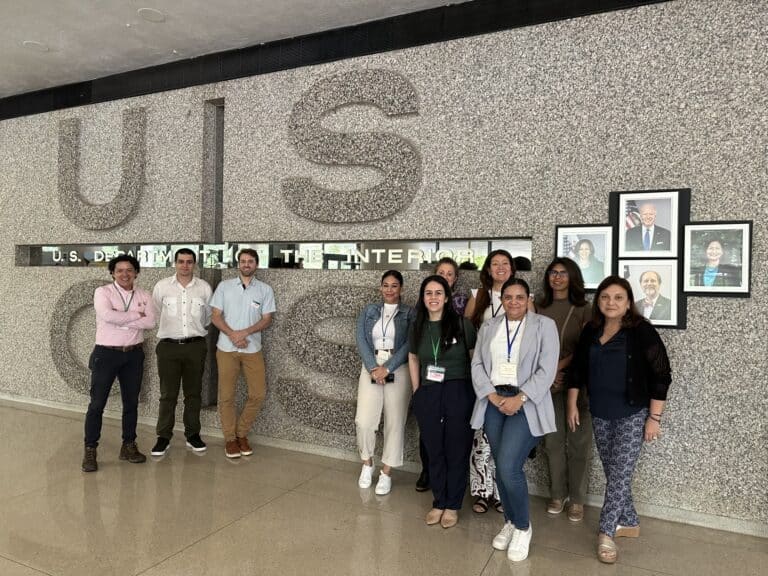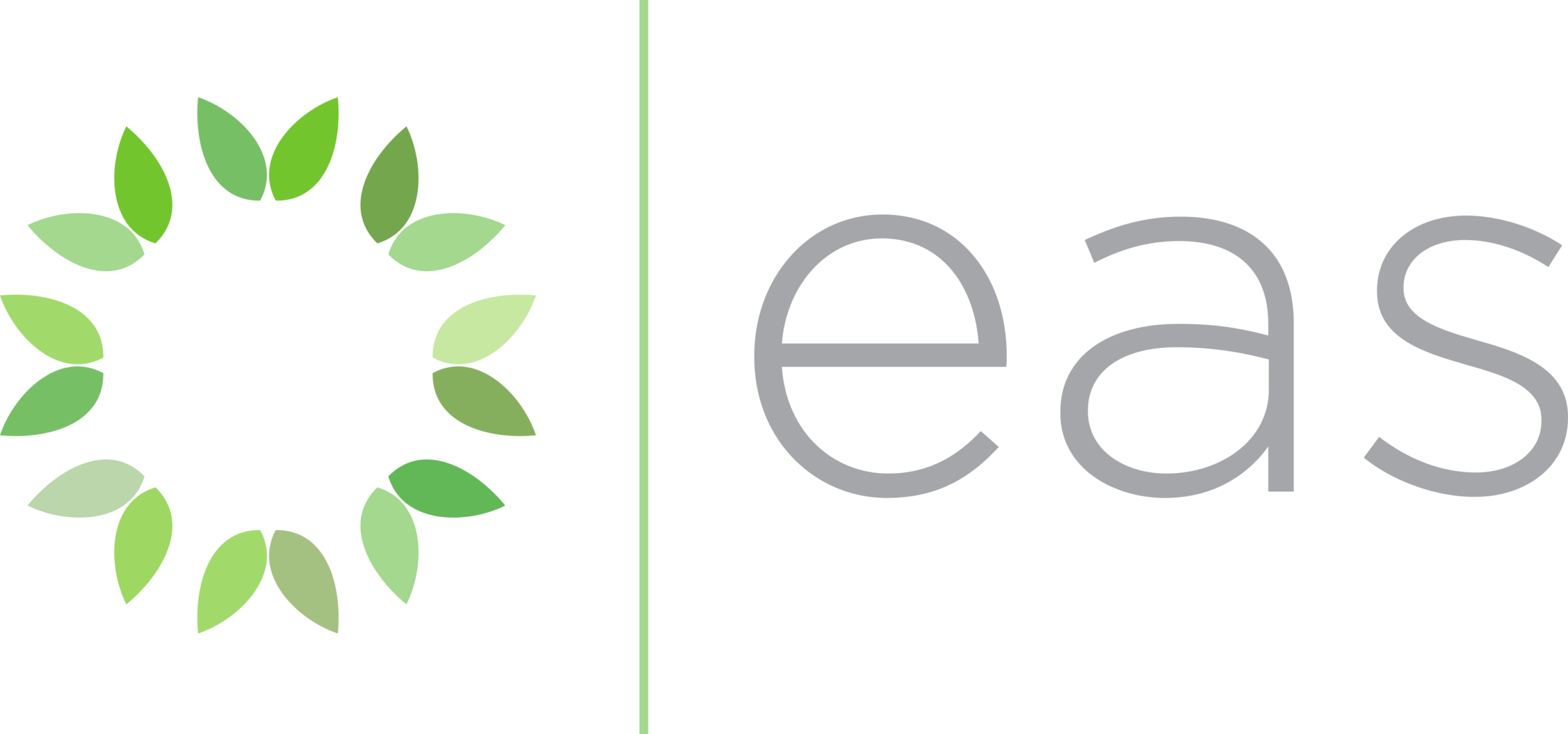By Carly Green
As the Content Manager for the Global Forest Observations Initiative (GFOI), I recently attended a workshop hosted by SilvaCarbon and the U.S. Geological Survey (USGS). The week focused on the evolving relationship between voluntary carbon markets and national greenhouse gas reporting, particularly in the context of ensuring that countries meet their Nationally Determined Contributions (NDCs) under the Paris Agreement. A significant aspect of our discussions centred around Article 6, which introduces a framework for international cooperation on carbon markets, while also addressing the standards set by the Integrity Council for the Voluntary Carbon Market (ICVCM). Experts in forest carbon estimation and policy came together to discuss the challenges and opportunities that currently shape this landscape.
Aligning with The Paris Agreement
Over the past fifteen years, the voluntary carbon market has transformed significantly, representing a maturing of the market in the context of commitments established under the Paris Agreement. As countries strive to fulfil their NDCs, aligning voluntary carbon initiatives with national reporting frameworks has become increasingly important. This alignment not only enhances the credibility of the volunrary carbon market but also ensures that national efforts to reduce emissions are not undermined.
A key focus of our discussions was Article 6 of the Paris Agreement, which facilitates international cooperation on carbon markets. This new framework presents challenges for maintaining the integrity of carbon credits. Essential principles, such as additionality, permaence, leakage and the avoidance of double counting, must be upheld rigorously, necessitating potential revisions of existing methodologies to align with this new context.
During hte workshop the importance of robust data in meeting the standards set by the ICVCM was empahsised. This framework aims to enhance the quality of credits available in the voluntary market and establish institutional arrangements that promote confidence and mitigate the risk of double counting.
The workshop yielded productive discussions that aimed to lay the groundwork for future research questions, case studies, and guidance to support countries as they navigate this evolving landscape. It was encouraging to witness a shared commitment to developing solutions that uphold the integrity of voluntary carbon markets.

Looking to the Future
As we move forward, it is essential for countries to understand how their National Forest Monitoring Systems can effectively interact with voluntary projects. The integration of national policies with voluntary efforts is vital, especially as nations pursue increasingly ambitious climate targets.
Reflecting on the workshop, I am optimistic about the collaborative efforts underway. The shared expertise and commitment to enhancing carbon markets underscore the potential for meaningful progress in this area. As we continue to refine the guidance from the GFOI Methods and Guidance Component, I look forward to contributing to a framework that supports sustainable practices within the carbon market.
In summary, the discussions were not merely about addressing immediate challenges; they aimed to establish a foundation for a more sustainable approach to carbon markets. By fostering collaboration and ensuring alignment with national efforts, we can strengthen the integrity of carbon credits and support global climate objectives.

